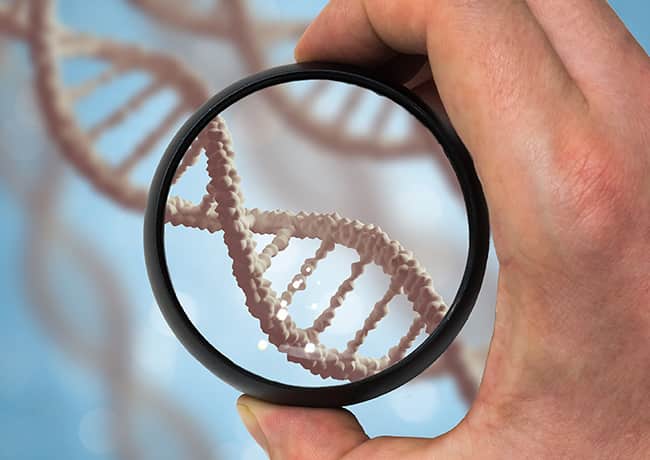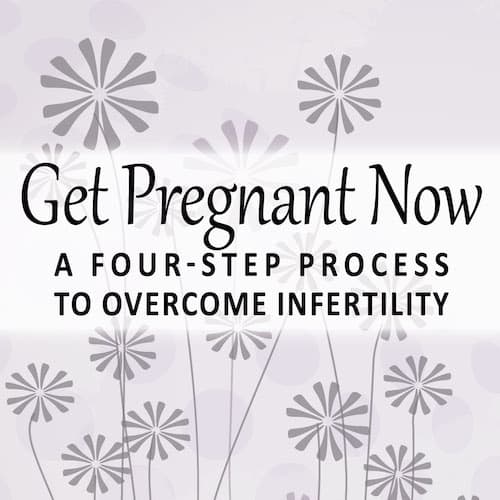Carrier Screening & Preimplantation Genetic Diagnosis (PGD)
 It is now recommended to offer genetic screening to all couples considering pregnancy. In this circumstance, genetic screening refers to looking for mutations that couples may carry that together could give rise to a child with a genetic disorder. These types of disorders require the child to inherit two copies of the gene, one from their mother and one from their father. By testing for these types of genes before pregnancy we can identify couples who may be at risk for having a child affected by one of these disorders.
It is now recommended to offer genetic screening to all couples considering pregnancy. In this circumstance, genetic screening refers to looking for mutations that couples may carry that together could give rise to a child with a genetic disorder. These types of disorders require the child to inherit two copies of the gene, one from their mother and one from their father. By testing for these types of genes before pregnancy we can identify couples who may be at risk for having a child affected by one of these disorders.
If a couple is found to be at risk for a genetic disorder, this usually means that both the male and the female carry a genetic mutation that will only cause a disease if the child inherits the gene from both mother and father. Armed with the knowledge about the mutation and using the advanced technologies available to us, we can now nearly eliminate the possibility of having a child affected by that genetic disorder. Working together with our colleagues at genetic laboratories, we would develop probes to the specific gene in question. Then by performing IVF, the embryos are biopsied and a few cells from each embryo are sent to the genetics laboratory. The probe is then used to identify which embryos are not affected by the gene and therefore should be used for transfer. This technique, called Preimplantation Genetic Diagnosis (PGD) has been used to prevent hundreds of different genetic disorders.
Preimplantation Genetic Screening (PGS)
Unlike carrier screening and PGD, PGS looks at the chromosome content of each embryo. A healthy person is born with 46 chromosomes, 23 that they inherited from their mother and 23 from their father. A portion of all embryos will have too many or too few chromosomes, usually as a result of decreasing egg quality as women age. These abnormal embryos will either not implant, or rarely end in an early miscarriage, or even rarer develop into a child that may have a chromosomal disorder such as Down Syndrome (an extra copy of chromosome 21) or Turners Syndrome (a missing copy of the X chromosome). When a couple does IVF they have the option of utilizing PGS, where the are biopsied and a small number of cells sent to a genetics laboratory where they can analyze the chromosome content of each embryo. This allows us to select the embryo/s that will have the highest chance of a leading to a healthy baby.



